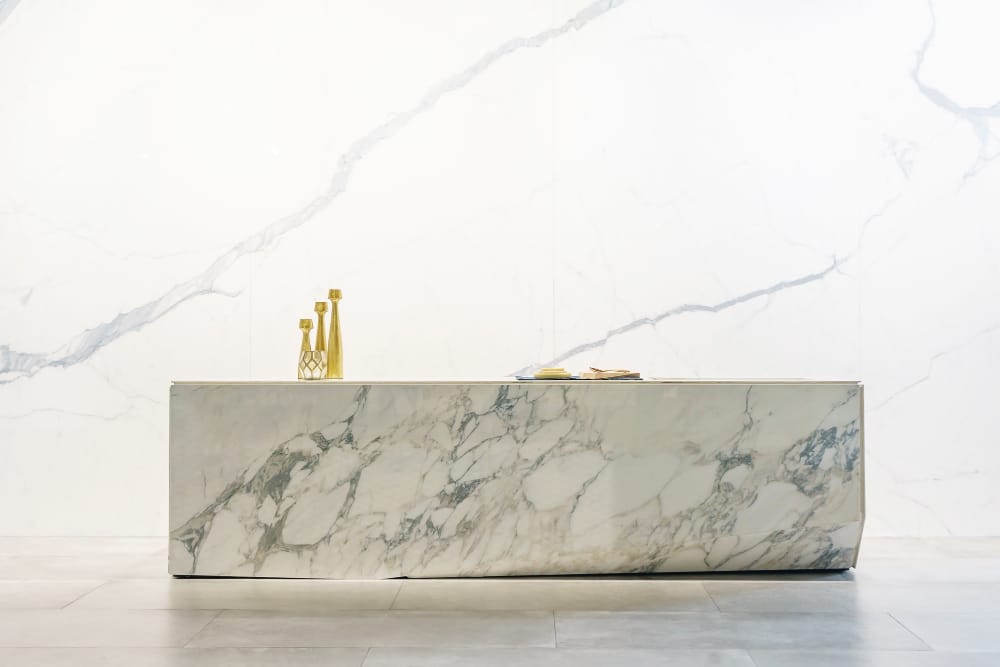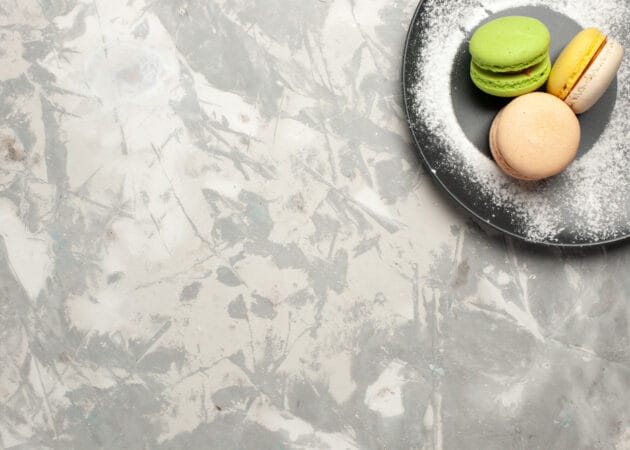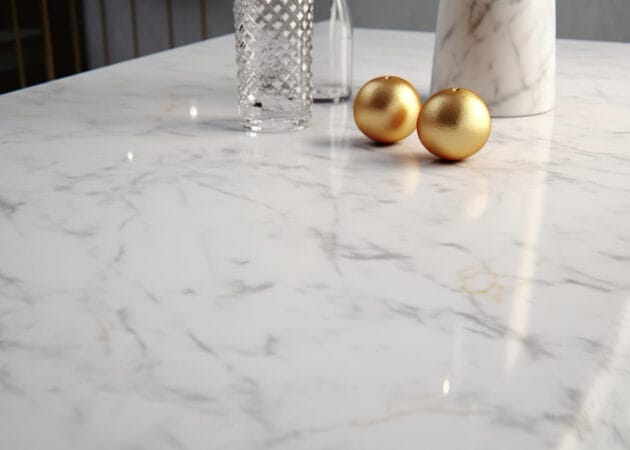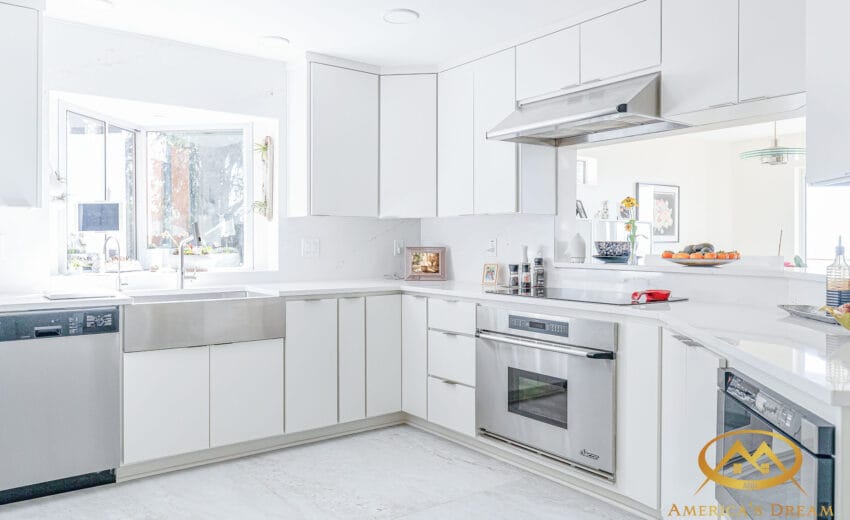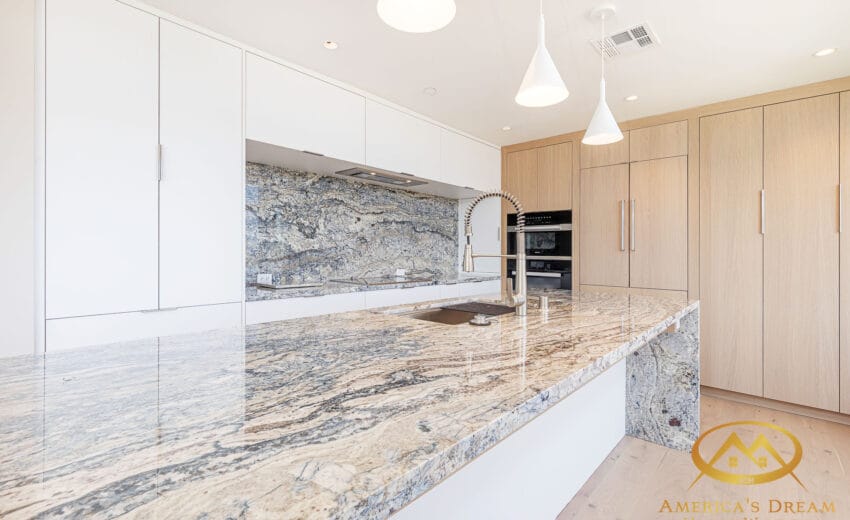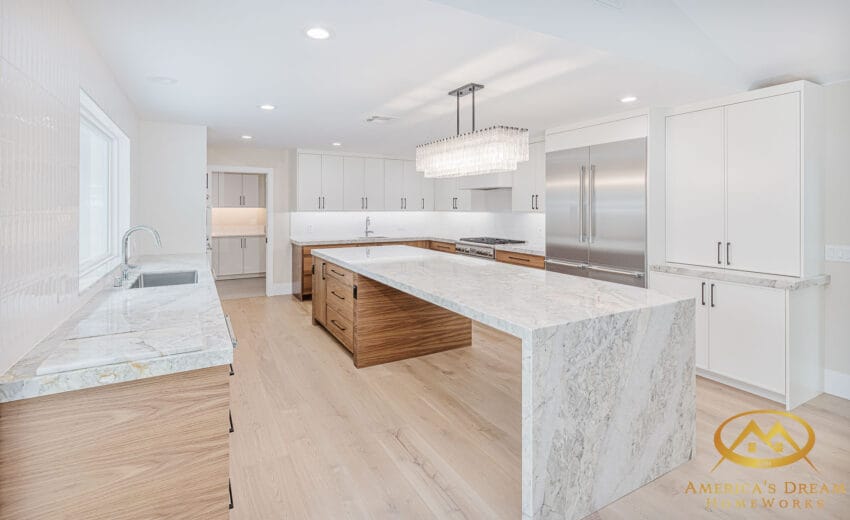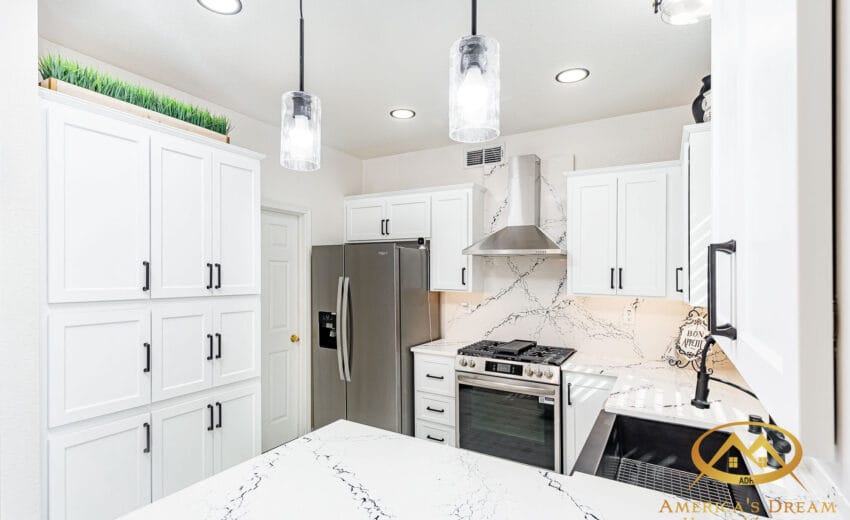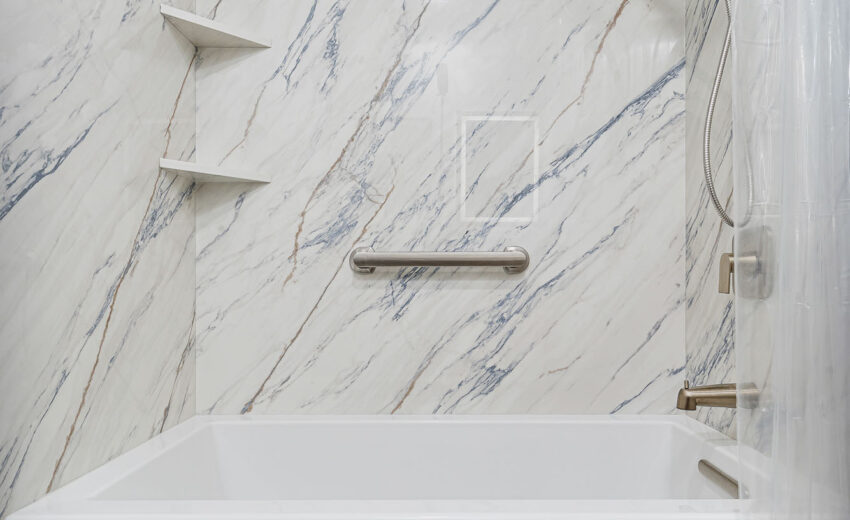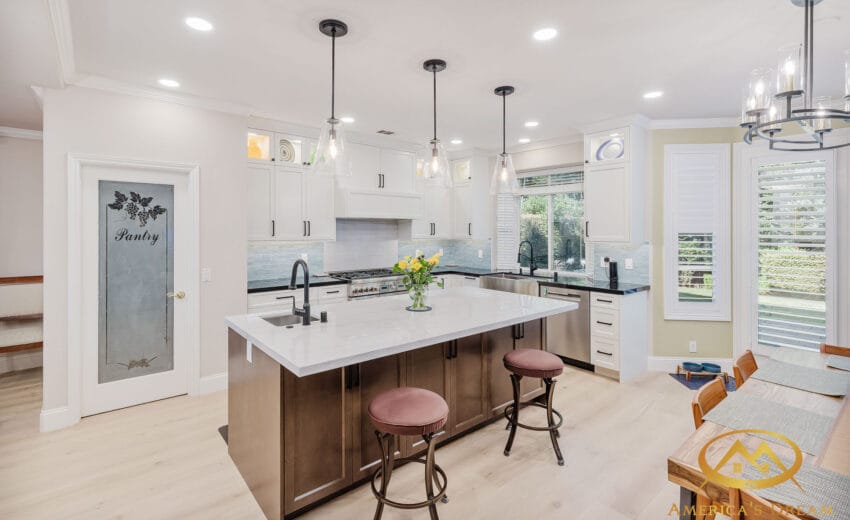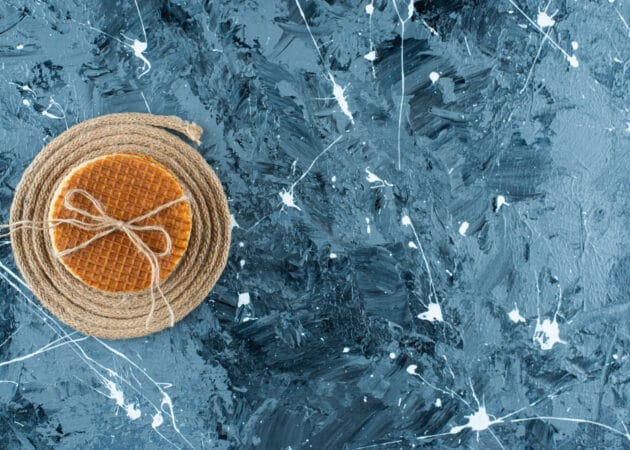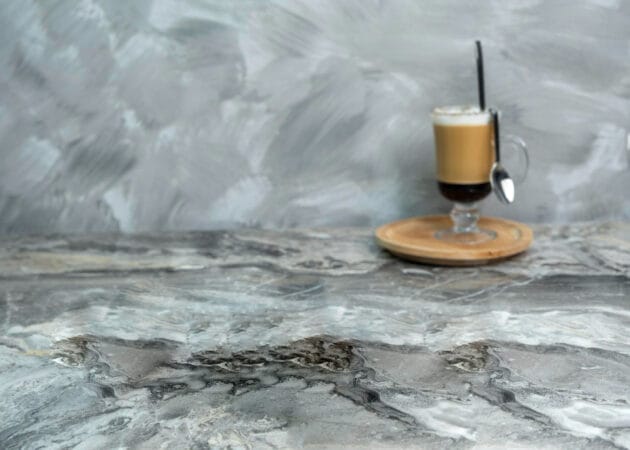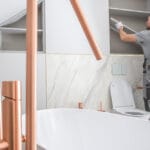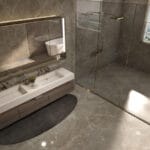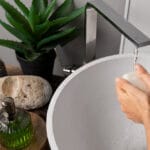Marble countertops have long been a symbol of luxury and classic design. Their luminous surface and intricate veining make them a centerpiece in both traditional and modern kitchens. However, as elegant as they are, marble countertops come with both rewards and responsibilities. For those considering the investment, it’s essential to weigh aesthetics against practicality.
In the authoritative yet elegant tone of Sarah Richardson, this data-driven article breaks down the pros and cons of marble countertops, helping you decide if this high-end material aligns with your home and lifestyle.
PROS of Marble Countertops
1. Timeless Beauty
✔ Natural veining and coloration ensure that no two slabs are the same
✔ Available in a variety of shades—from bright whites to deep greys
✔ Adds visual depth and soft movement to kitchen and bath surfaces
💡 Design Insight: Marble pairs beautifully with a range of design styles—coastal, farmhouse, contemporary, and transitional.
2. Cool Surface Ideal for Baking
✔ Naturally stays cooler than room temperature
✔ A favorite among pastry chefs and home bakers for rolling dough
3. Boosts Property Value
✔ Recognized as a premium material in real estate listings
✔ Often perceived as an upgrade over quartz countertops or laminate
4. Longevity With Proper Care
✔ Can last for decades when sealed and maintained
✔ Surface can be refinished or honed if scratched or etched over time
CONS of Marble Countertops
1. Prone to Staining and Etching
✔ Marble is porous—wine, coffee, and acidic spills can leave marks
✔ Requires regular sealing (every 6–12 months) to prevent absorption
📊 Stat: A 2023 Consumer Reports study found that marble scored lowest in stain resistance among natural countertop materials.
2. Soft Surface = Scratches and Chips
✔ Marble is a softer stone compared to granite or quartz
✔ Can scratch from knives, pots, or abrasive cleaners
💡 Sarah’s Advice: Use cutting boards and soft cloths, and avoid harsh scouring pads to preserve the finish.
3. Higher Maintenance Needs
✔ Must be wiped clean immediately after spills
✔ Should not be exposed to prolonged standing water or harsh chemicals
4. High Cost (and Variable Pricing)
✔ Price varies depending on origin, color, and thickness
✔ Rare marbles like Calacatta or Arabescato can be especially costly
📊 Price Range: $75 – $250 per square foot installed, with higher-end slabs reaching beyond that.
Check Our Recent Projects
Marble vs. Other Popular Countertops
| Feature | Marble | Quartz | Granite |
|---|---|---|---|
| Appearance | Elegant, natural veining | Uniform and customizable | Bold and natural |
| Maintenance | High – needs sealing | Low – nonporous | Moderate – seal annually |
| Durability | Softer, prone to etching | Very durable | Durable but can chip |
| Cost (installed) | $75–$250/sq. ft. | $65–$150/sq. ft. | $60–$200/sq. ft. |
| Heat Resistance | Good, but susceptible to burns | Excellent | Excellent |
Compare options in detail by reading All About Quartz Countertops: The Ultimate Guide or How to Choose the Best Granite Countertops for Your Home.
Final Verdict: Is Marble Right for You?
✔ Choose marble if you prioritize beauty, natural variation, and design prestige.
✔ Avoid marble if low-maintenance surfaces are a top priority.
💡 Richardson’s Recommendation: “Use marble where it shines—on an island or vanity top—then balance it with durable surfaces elsewhere.”
